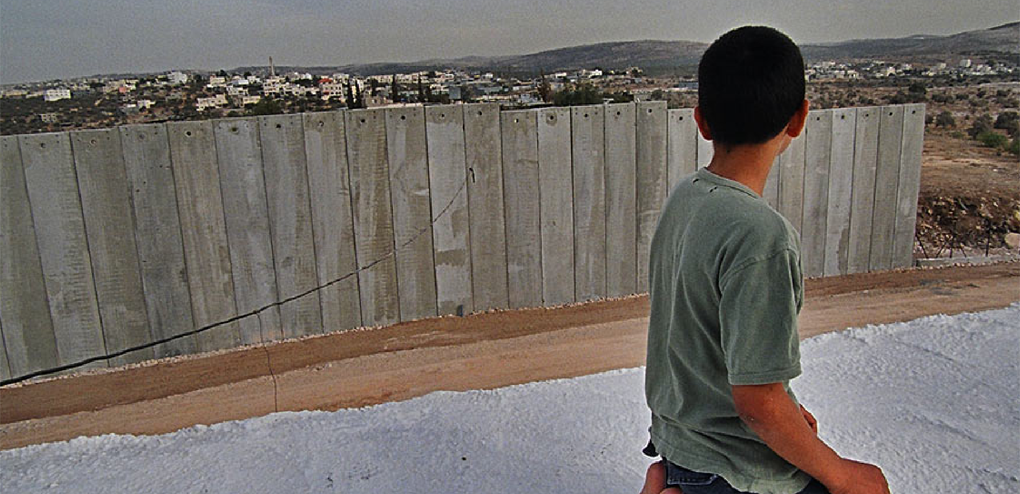DEVELOPMENT EDUCATION | GLOBAL CITIZENSHIP EDUCATION | SOCIAL JUSTICE EDUCATION
We think it is therefore important to let each school decide what they want to call it. We prefer to let the teachers and students decide. We are content with either term.
We could just as easily call what we do:
- Development Education
- Global Education or Global Citizenship Education
- Social Justice Education
- Human Rights Education
- Peace Education
- Intercultural Education
We do all of these! We share the same principles and practices.
Development Education/Global Citizenship Education/ Social Justice Education has common themes around cultural awareness, broadening horizons and equipping pupils with the skills and a values base to engage critically with global issues and to raise awareness and understanding of the issues.
We put an emphasis not just on learning about issues but also on promoting a pedagogy based on:
- critical thinking that uses experiential and creative approaches that help to question dominant assumptions on global issues
- recognising different perspectives, especially those of young people directly and those in other schools and living in other countries
- developing skills that encourage best practices so that we can encourage dialogue, exchange and collective action for change.
We wish to serve and enhance the curriculum, not work outside it. Our programme answers the need for centralised resources and support, advice and coordination to encourage schools to do Development Education/Global Citizenship Education/ Social Justice Education themselves.
This year we would like to pilot our new programme within Religious Education. We see the strong values-based structure and the focus on social justice within RE as a natural platform for building in opportunities for exchanges and dialogue with other young people across borders and cultures.
We believe that effective practice depends on more than one type of school-based activity or support: we seek an integrated whole-school approach that embodies the global citizenship values in each school ethos and learning policy.
The range of activities involved in our programme are also relevant to professional teacher development and links with local communities.
Getting past “development-as-charity”
We feel there is a need for critical reflection in dealing with the complexity of global justice and development issues in the post-primary sector. Our model seeks to avoid the “development-as-charity approach” that is “dominated by a ‘three F’s’ approach, comprising Fundraising, Fasting and Having Fun in aid of specific development causes.” (Bryan and Bracken, 2011, p. 15).
We also feel a need to begin from local issues and concerns, especially with a focus on what interests and concerns young people, and which students can relate to.
We seek to promote a diverse range of development issues and contexts on a global level, that brings conflict and post-conflict countries into the wider debate. Too often we choose the voices we want to hear and the places we want to work in. Sometimes, we need to look both closer to home and further afield too. Why is it that – according to the World Bank – 50% of all child deaths occur conflict-affected areas? What is our role? First, let’s get to these areas and keep the communication channels open.
We support the following definitions:
- the aims of education stated in Article 26 of the Universal Declaration of Human Rights:
“Educating shall be directed to the full development of the human personality and to the strengthening of respect for human rights and fundamental freedoms. It shall promote understanding, tolerance and friendship among all nations, racial or religious groups, and shall further the activities of the United Nations for the maintenance of peace.” - the definition of Global Education stated in the Maastricht Global Education Declaration (2002): “Global Education is an education that opens people’s eyes and minds to the realities of the globalised world and awakens them to bring about a world of greater justice, equity and Human Rights for all. Global education is understood to encompass Development Education, Human Rights Education, Education for Sustainability, Education for Peace and Conflict Prevention and Intercultural Education; being the global dimension of Education for Citizenship.”
Source - the definition of Development Education promoted by the Irish Development Education Association (IDEA):
“An educational response and process aimed at increasing awareness and understanding of the shared development of our world. By engaging people critically in and with our increasingly interdependent world, development education aims to challenge global inequalities, and works towards creating a more just and sustainable future for our planet.”
Source - the definition of Development Education promoted by Irish Aid:
“An educational process aimed at increasing awareness and understanding of the rapidly changing, interdependent and unequal world in which we live. It seeks to engage people in analysis, reflection and action for local and global citizenship and participation. It is about supporting people in understanding, and in acting to transform the social, cultural, political and economic structures which affect their lives and others at personal, community, national and international levels.”
Source



